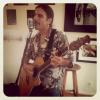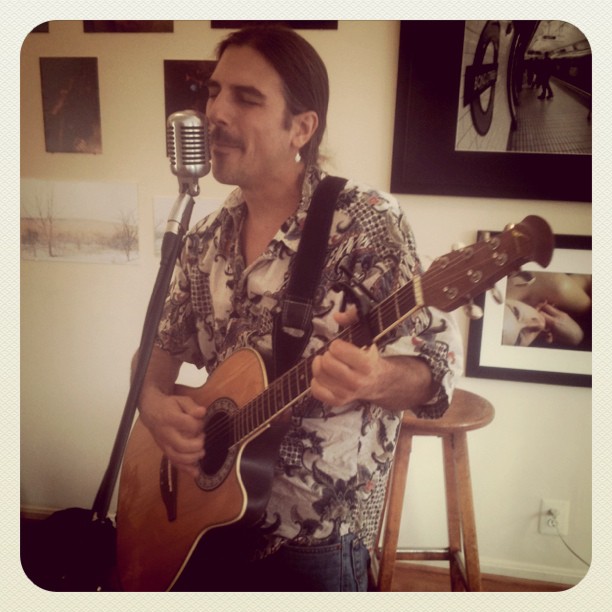Something my friend Heather Kyle posted this morning: "To sit patiently with a yearning that has not yet been fulfilled, and to trust that, that fulfillment will come, is quite possibly one of the most powerful "magic skills" that human beings are capable of. It has been noted by almost every ancient wisdom tradition." -- Elizabeth Gilbert
So, that hits me square in the heart right now on a personal level, for reasons some of my friends know.
But it also taps into a general concept that's been floating in my head for a while, at least since Starwood, which I'm filing under the phrase "the quiet side of magic."
Magic, according to crazy ol' Uncle Aleister, is "the Science and Art of causing Change to occur in conformity with Will." A similar definition is Dion Fortune’s one, oft quoted by Starhawk, that magic is "the art of changing consciousness at will."
The idea of active change is at the heart of these definitions. But lately I've begun to wonder if we're not neglecting the yin side of magic, if by a focus on active change we're missing the more subtle sort of transformation that comes from contemplation and from deep listening.
On the archetypical level, the Magician is the holder of the secret knowledge. How do you get secret knowledge? Ya gotta listen. Even the most active of the archetypes, the Warrior, knows the necessity of listening and observation. Sun Tzu tells of the importance of using spies to listen to the enemy, that "what enables the wise sovereign and the good general to strike and conquer, and achieve things beyond the reach of ordinary men, is foreknowledge", while Musashi tells us that we must "Nurture the ability to perceive the truth in all matters" and "Be aware of those things which cannot be easily seen with the eye."
But these still suggest that listening is a preparation for action. More and more I'm thinking of the ways that listening itself transforms us. (If we truly listened to the enemy...how long would they remain our enemy?)
And maybe sitting quietly with a yearning can also transform us.
So, I'm trying to listen better. (Yeah, I know: needs improvement!) And I'm trying -- I'm trying hard -- to sit patiently with this yearning, to trust that it's not merely an attachment-to-desire-that-leads-to-suffering, but instead an opening and a guiding.
I recently stumbled across a quote from Hermann Hesse: "[W]e have to stumble through so much dirt and humbug before we reach home. And we have no one to guide us. Our only guide is our homesickness."
What a magic, then, it would be to learn to listen to that homesickness.

